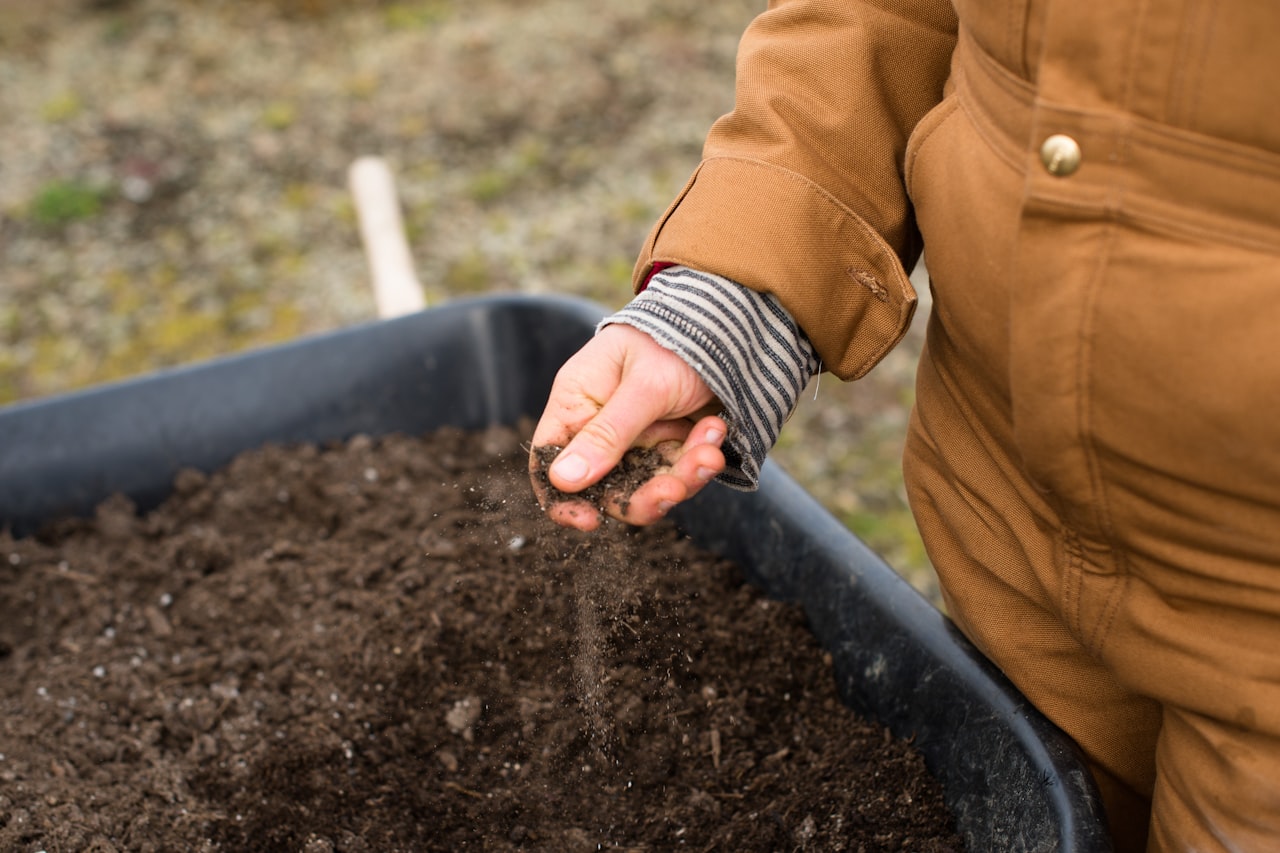Soil is not just dirt beneath our feet; it's the lifeblood of agriculture. As farmers and stewards of the land, understanding soil quality is essential for sustainable and productive farming practices. In this article, we'll explore the significance of evaluating soil quality, highlighting its critical role as the foundation of agriculture. Let's dig in! 🚜🌱
The Importance of Soil Quality: Soil quality encompasses a range of physical, chemical, and biological properties that influence its ability to support plant growth and ecosystem function. Healthy soil is teeming with beneficial microorganisms, organic matter, and nutrients, creating an optimal environment for crops to thrive. Evaluating soil quality allows farmers to assess its fertility, structure, and health, guiding management decisions for improved productivity and sustainability. 🌱💧
Key Indicators of Soil Quality:
- Soil Texture: Soil texture refers to the relative proportions of sand, silt, and clay particles in the soil. Different textures have varying water-holding capacities, drainage rates, and nutrient retention abilities, influencing crop suitability and management practices. 🏞️
- pH Levels: Soil pH affects nutrient availability and microbial activity in the soil. Most crops prefer a slightly acidic to neutral pH range for optimal growth. Assessing soil pH helps farmers determine the need for lime or sulfur amendments to adjust acidity levels. 📊
- Organic Matter: Organic matter is crucial for soil fertility, structure, and moisture retention. High organic matter content improves soil tilth, increases water infiltration, and enhances nutrient cycling. Regularly monitoring organic matter levels informs organic input management and composting practices. ♻️
- Soil Compaction: Soil compaction restricts root growth, water infiltration, and air exchange in the soil. Compacted soils are prone to erosion, reduced crop yields, and increased susceptibility to drought and flooding. Soil compaction assessments guide tillage practices and the use of cover crops to alleviate compaction. 🚜💨
- Biological Activity: Soil biology plays a vital role in nutrient cycling, decomposition, and soil health. Assessing biological indicators such as earthworm populations, microbial diversity, and enzyme activity provides insights into soil fertility and ecosystem functioning. Practices like crop rotation and reduced tillage promote soil biodiversity and microbial activity. 🌱🐛
Evaluating Soil Quality:
- Soil Testing: Conduct routine soil tests to assess nutrient levels, pH, and organic matter content. Soil testing kits or laboratory analyses provide valuable data for nutrient management planning and fertilizer recommendations. 🧪
- Visual Inspections: Observe soil color, structure, and root development to gauge soil health and compaction. Healthy soils exhibit a dark, crumbly texture with abundant root growth, indicating good fertility and structure. Visual inspections help identify soil degradation and erosion risks. 👀
- Infiltration Testing: Conduct infiltration tests to assess water penetration rates and surface runoff potential. Simple methods like the "hole-in-the-bucket" test or infiltration rings measure soil water-holding capacity and drainage characteristics. Infiltration testing informs irrigation scheduling and water management strategies. 💧
- Soil Health Assessments: Utilize comprehensive soil health assessments to evaluate biological indicators and overall soil function. These assessments may include tests for microbial biomass, soil respiration, and aggregate stability, providing a holistic view of soil quality and ecosystem resilience. 🌱🔬
Conclusion: Evaluating soil quality is a fundamental practice for sustainable agriculture. By understanding the key indicators of soil health and employing appropriate assessment methods, farmers can optimize soil fertility, productivity, and resilience while minimizing environmental impacts. Let's continue to nurture the foundation of agriculture—our precious soil—for the benefit of current and future generations.


